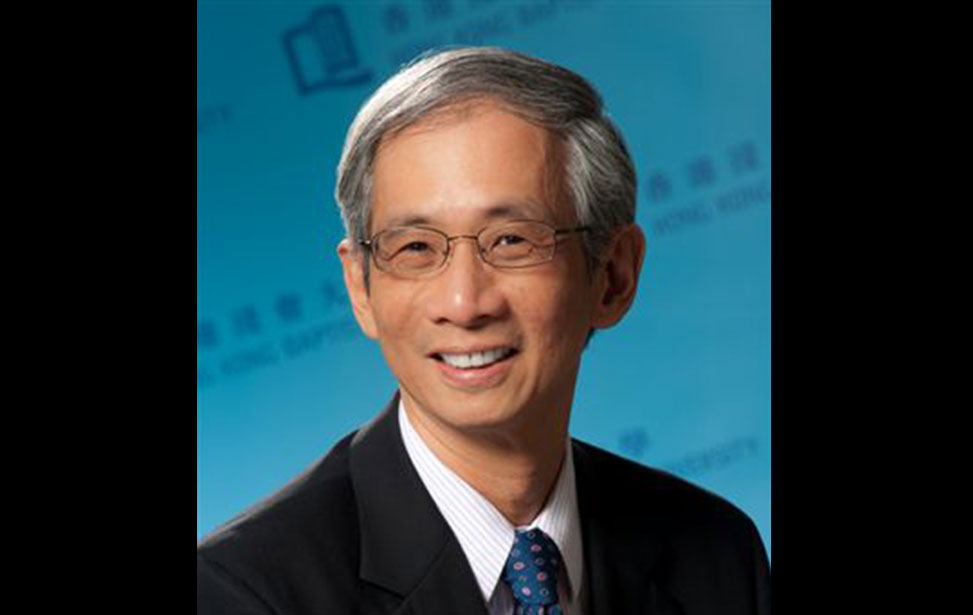Plenary Speaker

Franklin Luk, PhD
Hong Kong Baptist University, HKSARProfile
Professor Franklin Luk joined Hong Kong Baptist University as Vice-President (Academic) in June 2007. His responsibilities at the University cover all academic programmes and academic support services.
Professor Luk was born and raised in Hong Kong. He left the city in 1969 to study in the USA. His degrees include a B.S. in Mathematics from the California Institute of Technology in 1972, an M.S. in Statistics from Stanford University in 1974, and a Ph.D. in Computer Science from Stanford University in 1978.
Professor Luk taught computer science and electrical engineering at Cornell University from 1978 to 1992. He joined Cornell as Assistant Professor in 1978, and was promoted to Associate Professor in 1984, and to Professor in 1988. He went to Rensselaer Polytechnic Institute in 1992 to become Head of Computer Science, a position that he held until 2000. Professor Luk was Chair Professor of Computer Science and Engineering at the Chinese University of Hong Kong from 1993 to 1994, and from 2000 to 2002.
A Ph.D. student of the late Dr Gene Golub (NAS and NAE), Professor Luk works in matrix computations. He chaired an annual SPIE Conference on signal processing in San Diego for about twenty years.
Synopsis
Title: Nurturing Whole Persons in a Technology-Driven World: Success Stories from Hong Kong Baptist University
Presenter: Franklin Luk
Hong Kong Baptist University (HKBU) is dedicated to delivering Whole Person Education (WPE). Our WPE ethos aims to nurture students to becoming responsible citizens and caring leaders who possess discipline knowledge and generic skills, including IT skills, which will help them succeed in meeting the challenges and opportunities of the 21st century.
With the University's emphasis on WPE and learning technology integration, we strive to provide an educational experience that will cultivate our future generations to assist in overcoming the world's pressing issues. For quality enhancement purposes, it is important to make use of technology to record the development of our students, alongside the reporting of students' academic achievements.
Gathering evidence of student learning is at the forefront of today's higher education initiatives. There is a pressing need to collect direct evidence of student learning for quality assurance and enhancement to address the issue of public accountability. In recent years, HKBU has been piloting various evidence collection exercises to ascertain that our academic and co-curricular programmes are helping students in achieving the HKBU's Graduate Attributes (GAs), with a view to enhancing student learning and making continuous improvements. This is also central to the entire implementation of the outcomes-based approach for student learning.
Currently, HKBU is consolidating such mechanisms into a holistic assessment of students' achievement of GAs - WPE Assessment. Basically, our WPE assessment adopts the standard triangulation of data/evidence with different sources of direct and indirect evidence of student learning collected from:
- students' academic work;
- students' results in standardised tests;
- indirect evidence from a questionnaire completed by students; and
- students' individual electronic learning portfolios.
Leveraging on e-learning technology, these elements together form a reliable mechanism to assess WPE at HKBU.
This plenary will highlight some preliminary encouraging results of how HKBU provides students with a liberal and holistic education that fosters whole person development. We will share our experience of HKBU's adoption of various e-tools to assist the University's direct and indirect evidence collection on student learning for WPE assessment.

